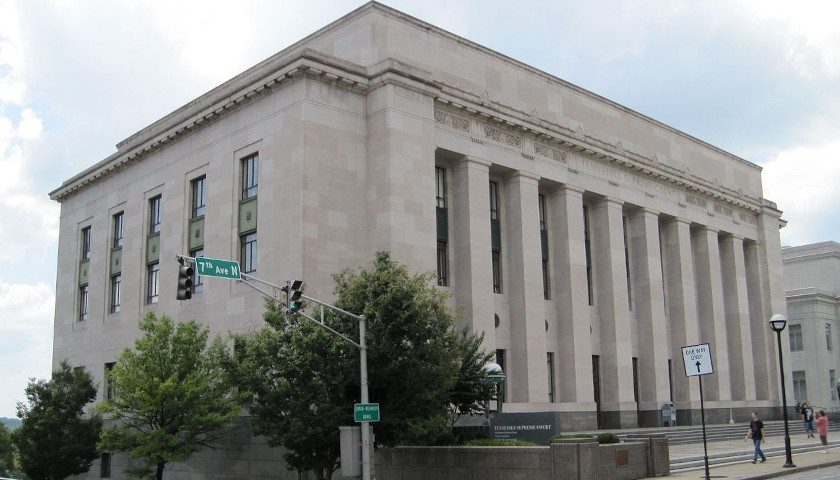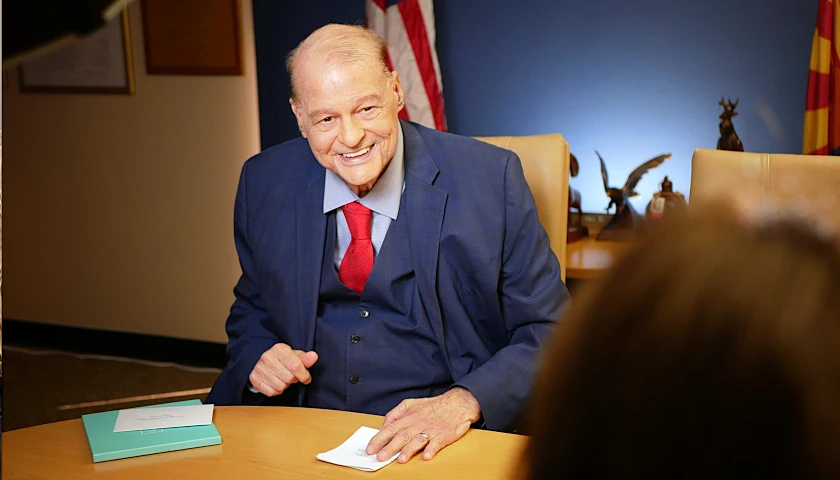The Tennessee Supreme Court has agreed to the state’s appeal on the constitutionality of its education savings account program (ESA). The pilot school voucher program has been tied up in a legal battle for all of 2020 after its passage by the General Assembly in 2019, thereby preventing any planned advancement of the program.
The program was previously ruled unconstitutional by Davidson County Chancery Court Judge Anne Martin. She assessed it would disproportionately impact two counties: Shelby County Schools (SCS) and Metro Nashville Public Schools (MNPS). Those districts reportedly contain about 90 percent of the state’s failing schools list. The Court of Appeals upheld Martin’s decision last September.
Appellants argued that the ESA program doesn’t violate the “home rule” – Article XI, § 9 of the Tennessee Constitution – because it doesn’t target only one, but two counties.
The Liberty Justice Center and the Beacon Center of Tennessee joined the appeal.
Liberty Justice Center senior attorney and State Senator Brian Kelsey (R-Germantown) told The Tennessee Star that the urgency to implement this program has only grown due to the pandemic-induced school closures.
“The implementation of the ESA program has been stalled at a pivotal time in our education landscape,” stated Kelsey. “Inequity is being exacerbated as students in Tennessee’s poorest performing school districts are still in remote learning while schools in the rest of the state are open. Access to ESA funding would allow low-income families to choose among opportunities and services.”
We are thrilled that the Supreme Court has decided to take this important case to protect the rights of thousands of low-income students to attend the school that best fits their needs!
— Brian Kelsey (@BrianKelsey) February 4, 2021
As The Star reported earlier this week, MNPS suffered from around 25,000 truant students and 6,000 transfer students due to distance learning. They began to phase-in reopening schools on Thursday.
MNPS board member Abigail Tylor criticized the program as a “waste of taxpayer dollars,” and claimed that the funds wouldn’t cover private school costs.
What a waste of taxpayer dollars. And you're not even representing vouchers correctly. Low-income students can't bridge the difference bet. your voucher $ and private school tuition/fees. Private schools taking vouchers remain unaffordable for low-income students even w/ vouchers https://t.co/y9zbWxAQYR
— Abigail Tylor (@AbigailTylor) February 4, 2021
One day after the Tennessee Supreme Court agreed to the appeal, Mayor John Cooper announced “the largest-ever” capital spending plan to invest $191 million into their public schools. Over half of those funds will be for a new high school and new middle school.
Mayor @JohnCooper4Nash newly announced capital spending plan includes $191 million for Metro Schools – which would provide $100 million for a new high school in Bellevue, plus investments toward a new Cane Ridge Middle School and an expansion plan for @CaneRidgeHS. https://t.co/DzcCYYlIWC pic.twitter.com/q9bw6whR2R
— Metro Schools (@MetroSchools) February 5, 2021
Under the ESA program, qualifying low-income students could receive a little over $7,000 in scholarship money for the school of their choice. The average cost for a private school is just over $10,000, although there are scholarships available through the schools and local communities to offset the remainder of costs.
The case on the ESA program, Metropolitan Government of Nashville and Davidson County, et al., v. Tennessee Department of Education, et. al., doesn’t have a date set for its hearing yet.
– – –
Corinne Murdock is a reporter at The Tennessee Star and the Star News Network. Follow her latest on Twitter, or email tips to [email protected].
Photo “Tennessee State Supreme Court” by Thomas R. Machnitzki. CC BY 3.0.





